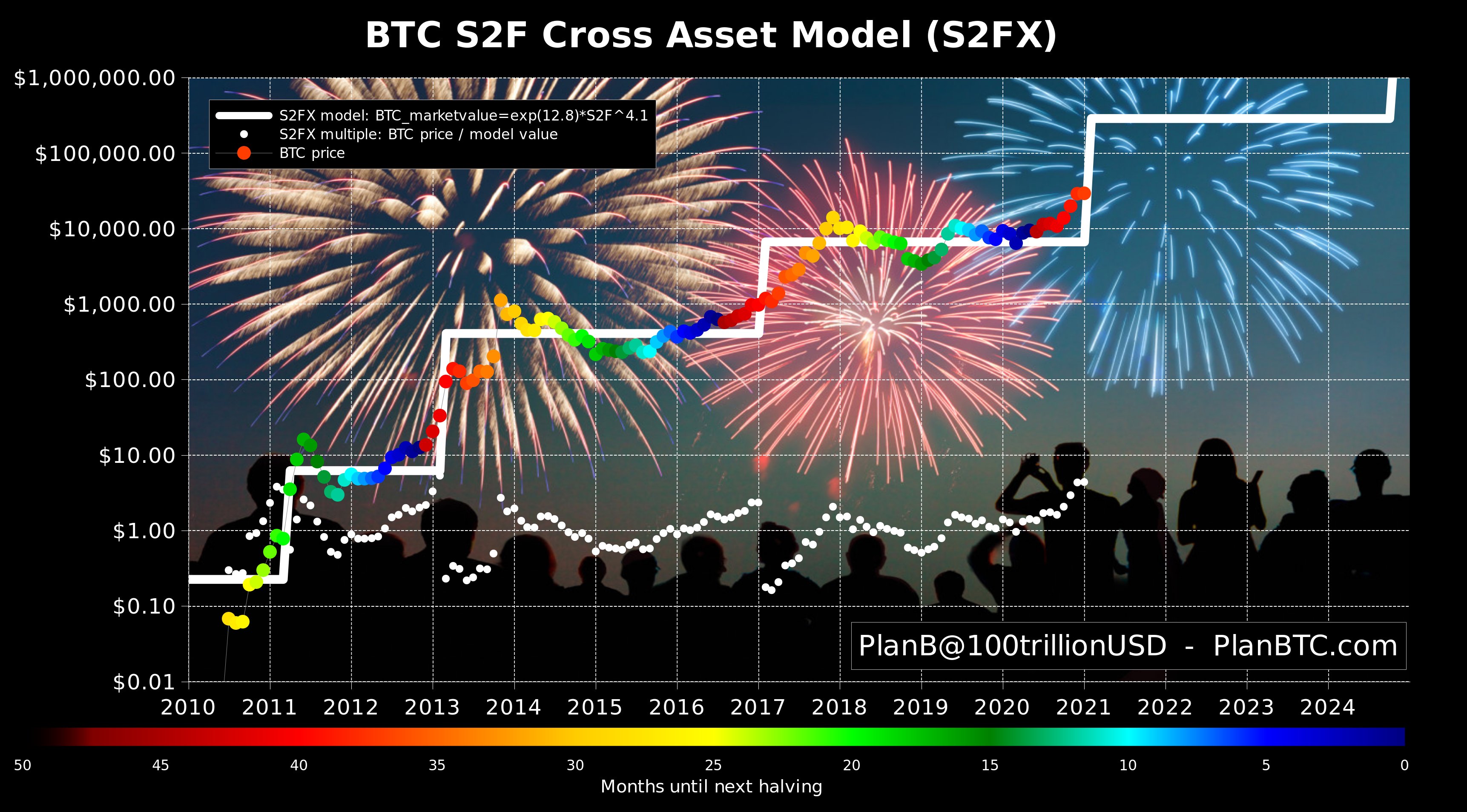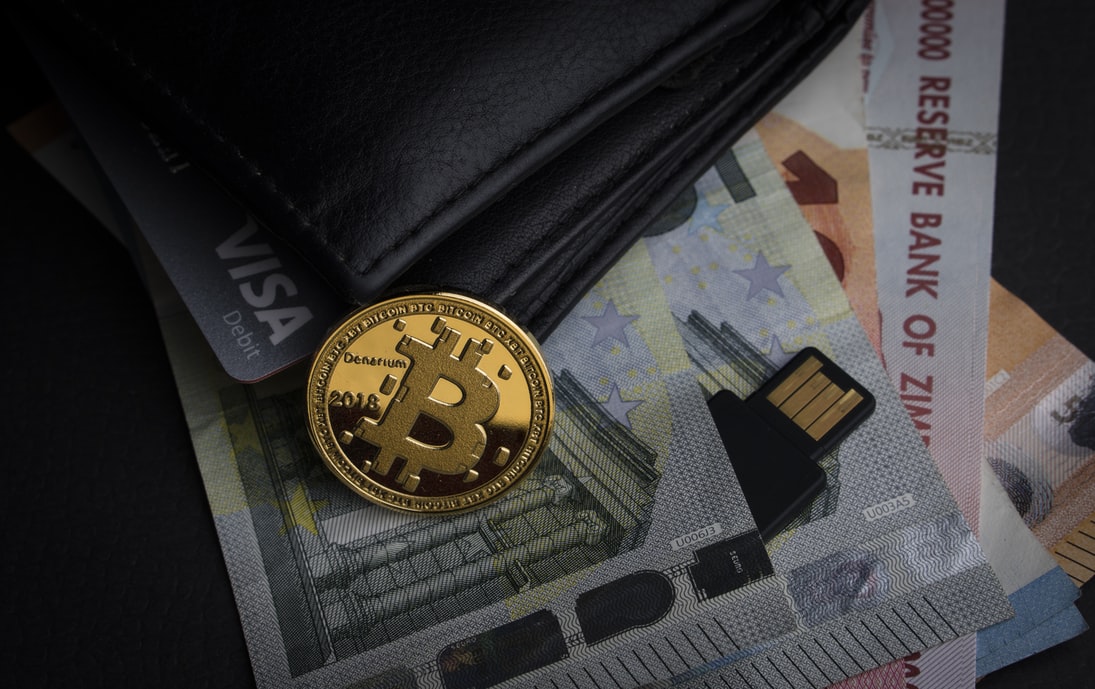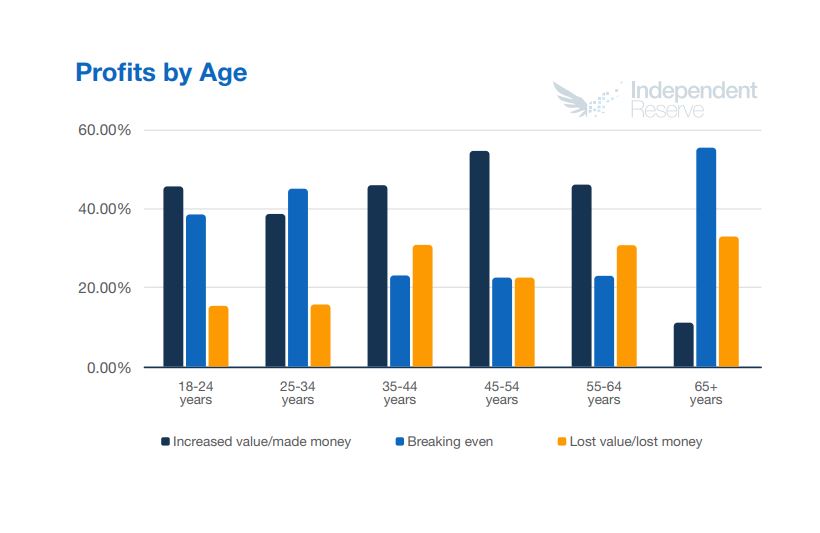The 8th of January marks a full year since AAVE has been on the Ethereum mainnet. The team behind AAVE hosted an anniversary zoom call to mark the occasion – an AAVEversary, if you will.
Better Insurance Against Shortfall Events
Among other small updates on the state of affairs at AAVE, the team also announced that they are in talks with Delphi Digital, who are offering to completely rework AAVE’s safety model and build a new insurance product from the ground up.
The current procedure in place at AAVE is to allow AAVE holders to stake their tokens in the Safety Module – which is a liquidity pool that aims to safeguard the tokens from smart contract exploits and other “shortfall events”. The safety module currently holds the largest decentralized insurance fund, worth about $375 million.
However, there are some pitfalls – such as the fact that the safety module covers the whole platform, which means investors who deposit funds in the safety module are covering all projects in the AAVE network – even if some projects bring with them a considerably higher risk level than others.
According to Jose Maria Macedo – a founding member of Delphi Digital and Jonathan Ehrlich – an analyst at the company, the insurance product they offered would come as a separate product for users, instead of being bundled in with all deposits, allowing a better prediction of risk factors for potential investors.
“With existing insurance solutions users have to purchase cover upfront which entitles them to insurance on a given protocol for a set amount of time (generally at least 6 months). With the current state of DeFi, most users don’t know where their capital will be next week let alone 6 months from now […] With our architecture, users only pay for insurance while they use it and the process of buying/selling is abstracted away entirely.”
Although nothing has been decided yet, the new insurance product may help AAVE attract more cautious investors, who may want to stick with safer projects – making it a proposal worth seriously considering.













